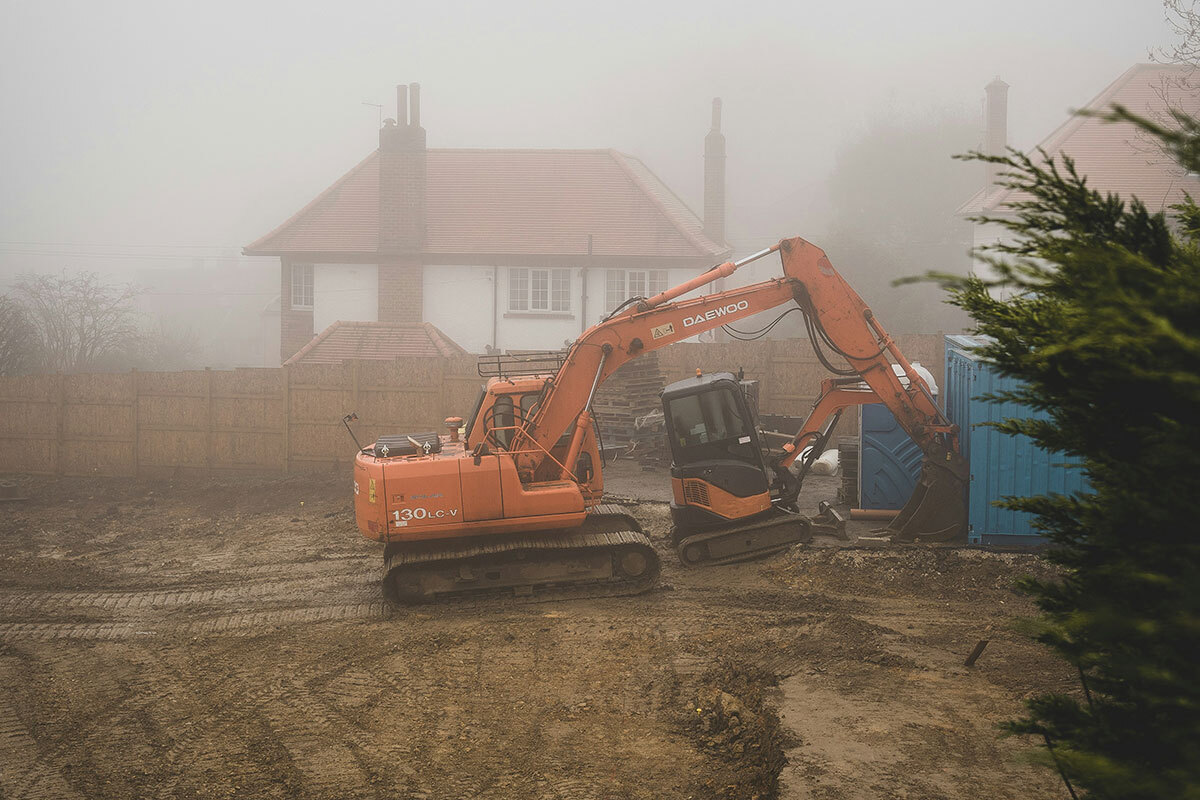
Councils across the UK are under mounting pressure to meet ambitious housing delivery targets. But over the past decade, the planning system has been pushed to its limits by a combination of budget and staff cuts, rising demand, outdated systems, and frequent policy shifts. The result? A planning system beset by delays — leaving applicants stuck in limbo while waiting for decisions.
According to the Royal Town Planning Institute (RTPI), 90% of planning departments have experienced budget reductions since 2010, with many local authorities seeing staff numbers cut by more than half. These reductions, coupled with heavier workloads, have made it increasingly difficult for councils to meet statutory deadlines for determining planning applications.
The data confirms the scale of the issue. Government statistics from the Department for Levelling Up, Housing and Communities (DLUHC) show that in the year ending September 2023, only 81% of major planning applications in England were decided within the 13-week target (or agreed time extensions) — a notable drop from previous years. For minor applications, the figures are even lower. Behind those numbers are homeowners, developers, and businesses left facing weeks — or even months — of disruption.
What often goes unspoken is the wider economic and personal impact. Delays in planning decisions can halt development schedules, stall investment, and in some cases, derail projects entirely. These consequences are disproportionately felt by individuals, SMEs, and independent developers who lack the resources to weather long and uncertain waiting periods.
At the heart of the issue is a system struggling to modernise. Many councils continue to rely on legacy systems, while others face severe recruitment challenges. The Planning Officers Society reported in 2023 that over 50% of planning departments are operating below optimal staffing levels, with some experiencing vacancy rates as high as 30%.
Despite these challenges, few applicants are aware that they may be entitled to compensation when their applications are delayed or mishandled. While the process isn’t always transparent, support is available for those affected — and awareness is the first step. This is where Claimhub comes in.
At Claimhub, we’ve been tracking the widening gap between applicant rights and council performance. Our research has uncovered over £31 million in unreturned compensation across more than 100 UK councils — evidence of a widespread and under-addressed problem. It’s our mission to push for change, raise awareness, and help ensure councils return what’s rightfully owed to the public.
📩 Think your planning application took too long?
Use our simple online form to check if you’re eligible for compensation. It takes less than a minute, and there’s no obligation.

